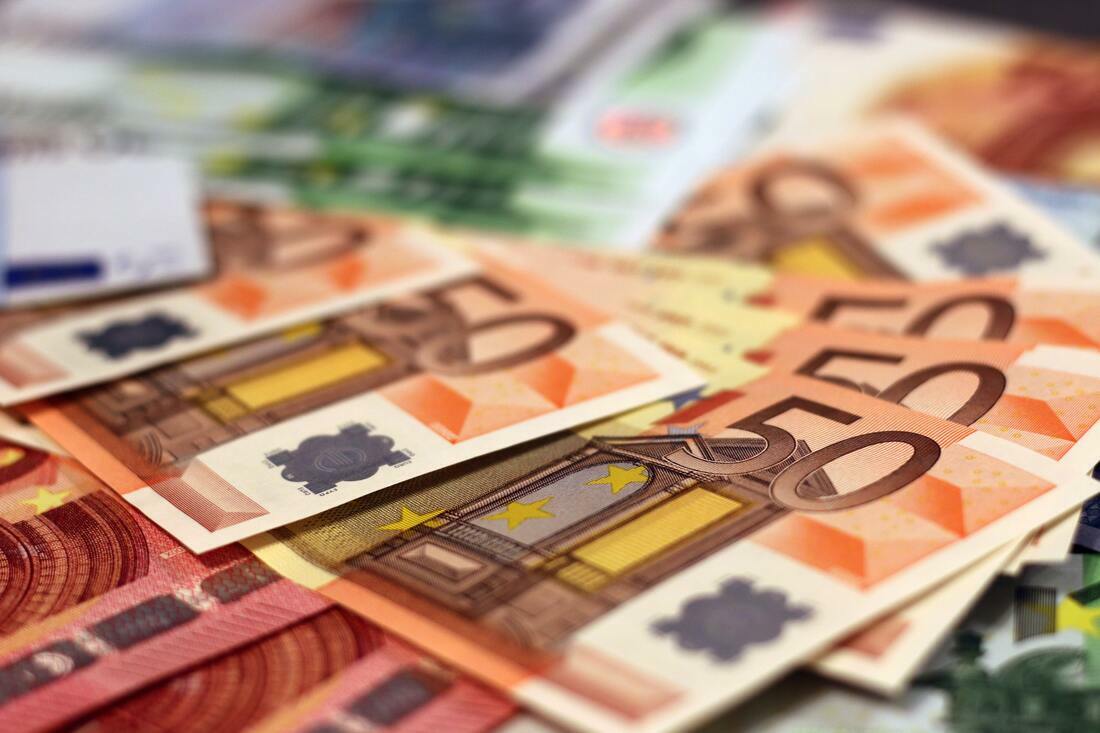
Some of us are gradually starting to pack our bags for a well-deserved holiday. We will soon be going out en masse again, after the gloomy corona years, and we will also want to forget the other crises for a while. The money can roll back. Especially for the Belgians. Our economy, including inflation, is doing even better than that of neighboring countries, newspapers reported in recent days. There is a real consumption bubble. But how long will that last?
Last week I was a guest speaker at the major conference of the retail sector in Belgium, organized by Gondola. Protesting Delhaize employees stood outside the door to reinforce their demands, but inside there was a slightly euphoric atmosphere. In my presentation on the impact of the crisis on consumer behaviour, I talked about the real "consumption bubble" in our country at the moment. There is a temporary purchasing power boost through a combination of significant indexation of wages and benefits of an average of 11 percent (due to the sharp rise in prices in 2022), combined with an equally significant decrease in energy prices. And this decline is much stronger in Belgium than in most European countries. This in turn means that inflation fell to 2.7 percent in May, the lowest inflation rate in the European Union, after Luxembourg (compared to an average of 6.1 percent in the EU). This is because, on average, Belgians have many variable energy contracts.
As a result, most Belgian consumers today have extra purchasing power that they also like to consume. Which in turn is good for our economy, and that also keeps employment up in most sectors (also due to the massive outflow of baby boomers from the labor market). In contrast to, for example, Germany, the Belgian economy continues to grow slightly, by 0.5 percent in the first quarter, while the German economy has entered a "mild" recession.
Some analysts, including Professor Gert Peersman of Ghent University, even state that the indexation overcompensated many families in Belgium for the inflation. And he even has a point there from an economic point of view.
An important caveat is that consumers still put the brakes on when it comes to large expenditures, and this is especially true in housing construction (construction or purchases of houses and apartments). Construction companies, real estate agents and notaries have given sufficient signals in recent weeks that indicate that "the crisis" is not yet completely out of the consumer's mind. We are currently enjoying the proverbial warm summer, but at the same time we are also afraid of what autumn and winter will bring. 1 in 2 consumers expect that the crisis will not be behind us until the end of 2024, or even 2025.
I therefore speak of a temporary consumption bubble due to increased purchasing power because the indicators seem to be getting less good in the medium term, and internationally. Because still as a result of the pandemic, followed by the energy crisis and the war in Ukraine, the debt mountain of national governments around the world is peaking at record levels not seen since World War II. The reduction of this mountain of debt will require a great deal of "blood, sweat, tears, and toil" (to quote Winston Churchill) in the coming years, and of generations to come. From the United States to Belgium. That elephant in the room, along with an aging population, isn't going on vacation this summer.
Sources: De Standaard, De Tijd, 2 June 2023.
Written by BBDO Belgium Team, We create effectiveness